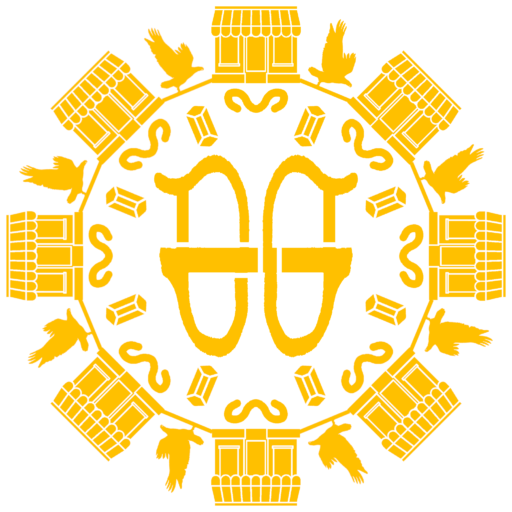A common theme among British colonies is the etymologies of the colonies derived from the royal governors who ruled them or the lands they originated from. This was the case with provinces like the Australian province New South Wales, named by explorer James Cook; or the American states Virginia, North-, and South Carolina, who were named after Queen Elizabeth–known as the Virgin Queen–and King Charles, respectively.
New Jersey is no exception from this nomenclature.
Sir George Carteret
He was the lieutenant governor of the island of Jersey during the English Civil War. What makes this figure important to both Jerseys\’ histories was the loyalty that he had during that time. He was a Loyalist, who gave asylum to Prince Charles Stuart in his island. When Parliamentary Forces captured the island, Sir George went into exile in France.
After the Civil War ended, Charles would become King of the restored monarchy in 1660. As a result of his efforts to keep him safe, King Charles rewarded Sir George with land in the Carolinas in North America. The next year, Sir George would be granted property rights in half of what would become New Jersey. After the colony suffered financial difficulty from the previous governor John Berkeley, he agreed to share half of the colony with Sir George. In 1676, East Jersey would be in the possession of Sir George Carteret.
As can be expected, New Jersey derived its name from the homeland of Sir George Carteret, since the Carteret family held leadership positions in Isle of Jersey for generations, going all the way back to Phillipe de Carteret. He was originally the French Seigneur of St. Ouens and Sark. St. Ouens is a parish on the Jersey island, while Sark is a smaller island in the English Channel. until he was made Governor of the island by Queen Elizabeth.
Two years after his death, his own heirs sold the property to William Penn and the other Quakers.
Sources
- \”Charter of Carolina – March 24, 1663\”. Avalon Law. Lillian Goldman Law Library, Yale Law School. 2008. Archived from the original on February 7, 2009.
- decarteret.org.uk Person Sheet
- Firth, C. H.; Knighton, C.S. (reviewer) (January 2008) [2004]. \”Carteret, Sir George, first baronet (1610?–1680)\”. Oxford Dictionary of National Biography (online ed.). Oxford University Press.
- Parish of St. Ouen.
- Sark.
- Stewart, George (2008). Names on the Land: A Historical Account of Place-Naming in the United States. New York: Random House.
- \”Sir George Carteret, Baronet.\” Brittanica.
- Wharton, W.J.L (1893). \”Preface\”. Captain Cook\’s Journal During the First Voyage Round the World. London: Eliot Stock – via Project Gutenberg.
